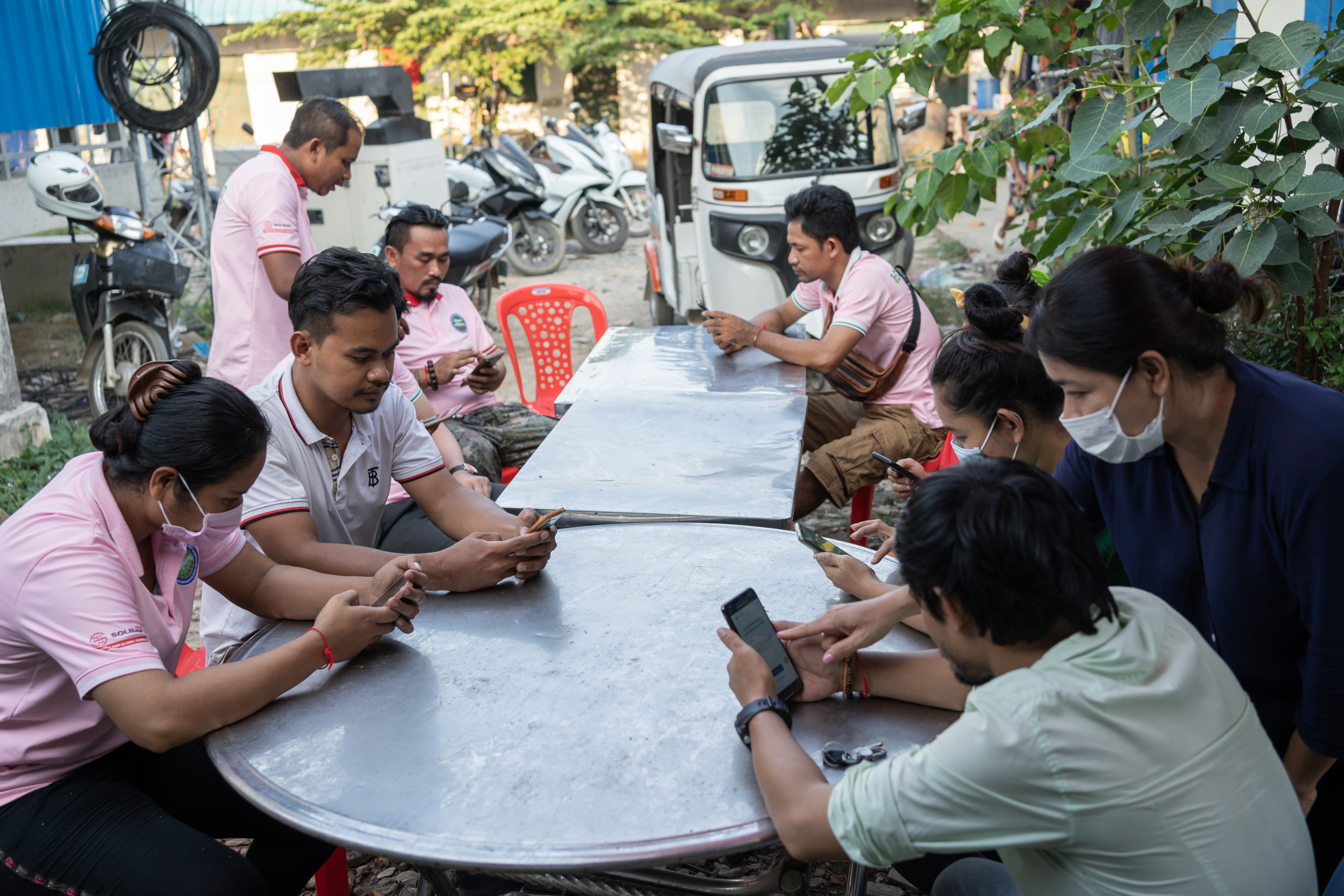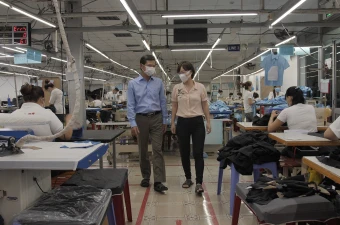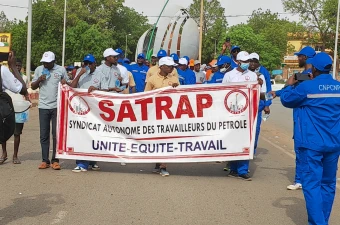Amplifying worker voices towards systemic change in the garment industry
For real progress in the garment and textile industry, workers must be part of the conversation, and their inputs must be integrated systematically in decision making at all levels. STITCH partners have developed practical tools to make this happen — amplifying worker voices to influence wage negotiations, factory-level improvements, and human rights due diligence (HRDD) processes of global supply chain actors.
As brands face increasing pressure to comply with HRDD laws like the EU’s Corporate Sustainability Due Diligence Directive (CSDDD), they are expected to engage meaningfully with stakeholders. Yet in a fragmented industry, this is not always straightforward.
CNV Internatinaal have been working on solutions with STITCH partners: tools that collect anonymous, first-hand data from workers in a structured and scalable way. These tools help unions push for fairer wages, enable workers to raise concerns safely, and provide credible insights for brands and policymakers to act on.
Worker voices are not only a matter of principle — they are essential for effective due diligence and lasting improvements in working conditions.
“The voice of an individual worker like me doesn't make much difference, but the collective responses from hundreds or even thousands of us? That kind of evidence speaks louder than any one complaint.”
- Garment worker from Vietnam

Cambodian workers participating in the Fair Work Monitor survey
A digital tool to support wage demands
In Cambodia, the garment sector employs an estimated 840,000 workers, most of them women. Wages remain low and often fall short of covering basic living costs.
To help unions negotiate more effectively, CNV Internationaal and Cambodian partners developed the Fair Work Monitor — a digital survey tool that collects data from workers on wages, working conditions and working hours, and cost of living.
Since its launch in 2021, participation has grown from 500 workers in 30 factories to 2,400 in 92 factories by 2024. More unions have joined, and the tool is now used in both urban and rural areas, giving a more complete picture of wage conditions across the country.
Strengthening collaboration and credibility
Initially, when CNV Internationaal together with its partner unions encouraged other unions, which were also participating in Cambodia's annual tripartite wage negotiations, to use the data for their collective negotiations, the latter were hesitant, as they had not been part of the data collection and analysis process. Having learned from this, in 2023 CNV Internationaal asked the same independent unions to share their feedback on the content and questions of the Fair Work Monitor and invited them to join the project. This led to increase in participation by the unions and also more ownership of the data and process — shaping the content of the survey, leading data collection, and analysing the results together.
In 2024, for the first time, unions submitted a joint wage report during tripartite negotiations. The Ministry of Labour welcomed the report and acknowledged the strength of the findings. This was a notable achievement in a context where unions are often viewed with suspicion.
Behind this success was also a strong focus on capacity building. Trade unions received training on interpreting and presenting complex wage data — building both confidence and credibility.
“Before, we often didn’t have enough data to support our negotiations with employers. This tool has strengthened our position because we now have first-hand information on actual wages and costs of living to build and defend our arguments and demands.”
– Som Chandy, garment worker and active Coalition of Cambodian Apparel Workers' Democratic Union (C.CAWDU) member
Using data beyond negotiations
While the minimum wage increase achieved in 2024 was modest ($4), the unions’ data showed the depth of the challenge: most workers earn less than the $230 (monthly) living wage estimate, and nearly three-quarters of all workers need to borrow money to cover basic needs.
This underlines the need for brands to take a proactive role towards achieving living wage in the garment sector in Cambodia.
Publication date 19 08 2025


